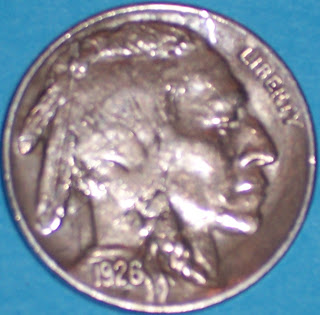Are All Silver Bullion Coins Alike?
The simple answer is no, but we will explore advantages and
disadvantages here.
The United states Silver eagle
Customers in the United States prefer this coin, but it
commands very little over the bullion price.
One problem is the same image is used year after year.
The Chinese Panda
This is a beautiful coin, and authentic coins can command a
nice premium, which is good when you have to sell. The problem is counterfeiting. China is not strict about counterfeiting
foreign coins, but will not look favorably when its own coins are
counterfeited. So, look for the Yuan
symbol. With it, the coin is Chinese
currency, and counterfeiting is less likely.
The Britannia of Great Britain
This is a nice coin with a solid history of performing well
above the spot metal price. Very highly
recommended.
The Canadian Maple Leaf
This coin is 0.9999 pure silver, not the traditional 0.999
that most fine silver is. The last nine
is not that big of a value change, except in the minds of many buyers. And resale depends on what a buyer will
pay. This coin is highly recommended if
you can get it at a price near the spot price of silver.
The Australian Coins
The Perth Mint has three silver bullion coins, the
kookaburra, the lunar coins, and the koala.
All three change every year, and are sought after by numismatists. Of these, the koala, the last to be
introduced, often carries the least premium.
One advantage here is the multiple sizes that are produced. While all sizes are not available for all
coins, the sizes range from one half ounce to one kilogram, including the one,
two, five, and ten ounce sizes. The
kookaburra and the lunar series are highly recommended.
The Royal Australian Mint claims the kangaroo as bullion,
but many are mounted on mint cards making them more numismatic than bullion in
nature. The kangaroo changes annually.
The Austrian Philharmonic
This coin created quite a stir when it was first
released. Unfortunately, it does not
change design annually, making it boring.
Another problem is we once got a coin in with “milk spots.” For those who do not know, milk spots are
white discolorations that happen at the mint.
They are not something that needs attention, but do make an ugly
appearance on the coin.
The Mexican Libertad
This coin may be attractive, but as with other issues the
design is stagnant. One problem we have
had here is bag marks, the scratches and chips caused by coins making contact
in the bags used by the mint to package them.
The New Zealand Fern and Kiwi
The kiwi is by far more desirable than the fern. The fern just did not catch on.
However, the New Zealand Mint does make the
taku for the Fiji Islands, which is popular.
Perhaps it will stay popular, but the image does not change, so probably
not.
























